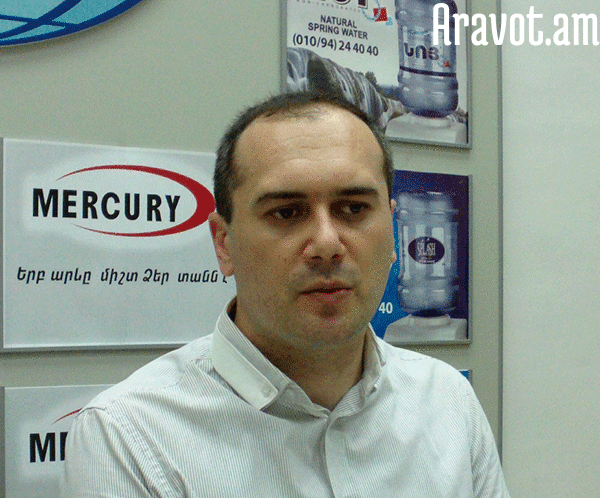As we have reported earlier, brutal force was reported during the armed coup attempt in Turkey. In particular, the Turk nationalists who had come out to the streets had decapitated one of the soldiers wishing to surrender who was a supporter of the coup. In an interview with Aravot.am, expert of Arabic studies, Armen Petrosyan, noted about the incident that there were people with different ideological positions among the citizens who had come out to the street by Erdoğan’s call, “Naturally, such actions are carried out mostly under the fit of passion, and in such cases they are not excluded. Like in hostilities, so as in almost all processes accompanied with the use of force and violence inside of any country: uprisings, revolutions, coups and the attempts thereof, often such practice is observed.”
Armen Petrosyan does not see any resemblance of the mentioned atrocity with the handwriting of the terrorists of the “Islamic State” since such acts of violence were recorded, for example, during the recent Egyptian revolution, in the domestic political developments in Ukraine, and with a much larger scale, in the Syrian conflict, therefore, according to expert on Arabic studies, seeing an immediate comparison with IS is not so right, “On the other hand, yes, we must assure that the IS contains fanatical elements with quite aggressive behavior arrived in Iraq and Syria from different countries and this structure has made cruelty and violence a practice by pursuing clear goals.”
Petrosyan commented also the posts of Turkish nationalists on social networks that the coup participants are servicing Armenians, Greeks and Jews. “Usually, in the case of domestic developments causing instability in Turkey, always such accusations are voiced. When a something bizarre is noticed in Turkey, they are trying to move the arrow of guilty in two directions: the external forces or internal ethnic and religious units. Furthermore, such allegations are always in use in different stages of the history of Turkey to pay off scores with these units,” said Armen Petrosyan.
He also noted that Turkish president’s rhetoric, especially during the last campaign, was directed to various segments of Turkish society and the religious-ideological directions, including to Islamic and nationalist audiences, aiming to establish a more solid public support around him, “One of the main reasons for the failure of the coup attempt was that Erdoğan had a broad social and political support. The main top leadership of the force structures and particularly, the army supports Erdoğan. He has managed to become acceptable as a leader for almost all layers of the society over these years.” Our interlocutor is sure that the coup might have been successful if the organizers had broad public and political support, which we did not see.
Read also
Luiza SUKIASYAN






















































